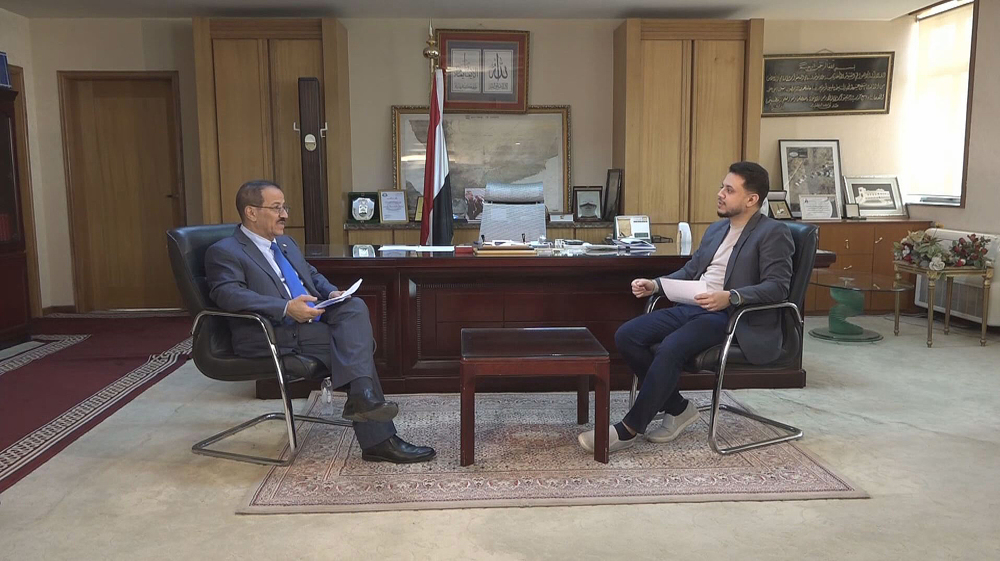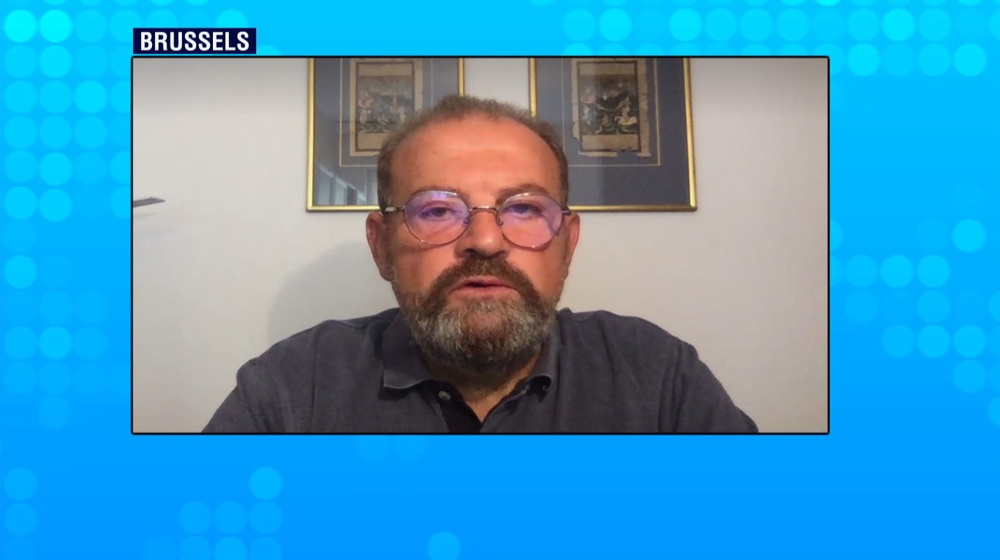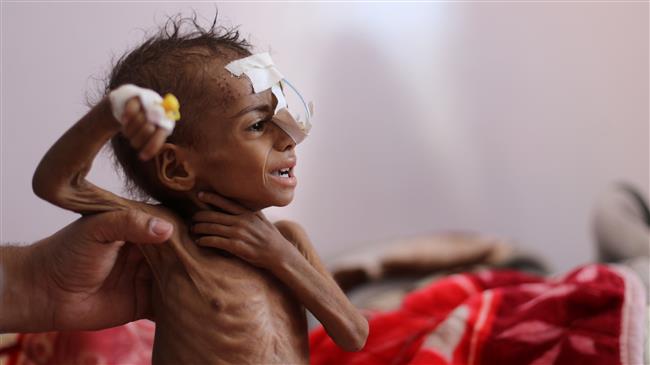Al-Qaeda, real beneficiary of Saudi war on Yemen: Analyst
Press TV has conducted an interview with Dan Glazebrook, a journalist and political writer in Oxford, to discuss Saudi Arabia’s ongoing military aggression against Yemen.
The following is a rough transcription of the interview.
Press TV: The Saudi aggression is continuing and the death toll is rising. Do you think that the situation in Yemen is being afforded the urgency that it deserves?
Glazebrook: Well there is an urgency of a sort but I do not think it is the sort that perhaps your question is implying. I mean if you see what has happened since March, thousands of people have been killed but we have also seen the only real beneficiaries from the airstrikes have actually been al-Qaeda who we were on the verge of losing and have been losing a lot of their territory to the Houthis up until the airstrikes began.
Within weeks of the airstrikes beginning in late March, they have been able to seize a major town, the town of al-Mukalla and raid 120 million pounds from the banks there, they have been the big beneficiaries and the Saudi airstrikes and the new strategy of arming various anti-Houthi fighters on the ground.
There has been a warning issue just recently by the international crisis group that the weapons will very likely end up in the hands of al-Qaeda also because al-Qaeda is an effective alliance with the Saudis and their international backers such as the United States and Britain in Yemen and just as they are in Syria and I wonder if such is leading to threat of al-Qaeda losing their base which of course their base in Yemen has for several years been there, stronghold in the way that they project, the base from which they project power across not just Arabian Peninsula and protect activities across the Arabian Peninsula but also to a certain extent into Africa.
And I wonder if actually this is not completed by accident that these airstrikes are boosting al-Qaeda because al-Qaeda has effectively become as it was in the 1980s, the key tool of the Western powers to destabilize emerging rival powers such as Iran, such as Russia and so on.
Press TV: What does the empowerment of al-Qaeda right on its doorstep mean for Saudi Arabia though?
Glazebrook: Well of course the Saudi attitude, al-Qaeda has also always been fairly schizophrenic, in fact even long before al-Qaeda the relationship with the whole Wahhabi movement has been a kind of hot-cold relationship. So the Wahhabis helped bring the … to power but when they massacred once the Saudis had taken power in the 20s and 30s.
So they have always had this kind of hot and cold relationship. They have seen their benefits just as the West has itself. They have seen the benefits of using these kinds of extremists, basically death squads against their rivals but of course there is always the danger of blowback and the coming back to its own door but it is precisely this danger that it is actually part of the reason why they want to make sure they are destabilizing foreign countries so that they can send the Wahhabis and the extremists and the al-Qaeda fighters abroad so that they do not destabilize things at home.
That said, of course al-Qaeda and linked groups and ISIS and so on, their big enemy is really the Shia to be honest… So the Saudis even at home can use them to a certain extent as a kind of battering ram against potential Shia unrest and so on.
AHK/MKA

Exclusive: Attacks on Israel-bound ships in Red Sea ‘a pure Yemeni decision’

Journalist: US must take first step to revive Iran deal

UN Security Council contributed to Yemen conflict: Commentator
VIDEO | Press TV's news headlines
Israel to let displaced Palestinians return to north Gaza
Israel-Lebanon ceasefire extended till February 18
VIDEO | 'We will not leave our land to Israel'
Trump orders sanctions on Colombia after Petro blocks deportation flights
VIDEO | Israeli violation of ceasefires
Iran's IRGC Aerospace Force unveils ‘Gaza’ super-heavy drone
VIDEO | Switzerland arrests Palestinian-American journalist Abunimah






 This makes it easy to access the Press TV website
This makes it easy to access the Press TV website